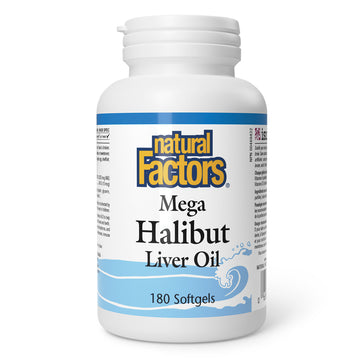Supplements for 50+ Muscle Building
(221)
There are a few key vitamins and supplements that may be helpful for muscle building in men over 50:
Protein: Adequate protein intake is essential for muscle building and repair. Good sources of protein include meat, poultry, fish, eggs, dairy products, beans, and legumes.
Creatine: Creatine is a compound that helps to increase muscle strength and size. It can be found naturally in animal products such as meat and fish, and is also available in supplement form.
Beta-alanine: Beta-alanine is an amino acid that may improve muscle endurance and reduce muscle fatigue. It can be found in protein-rich foods such as chicken, beef, and fish, or taken as a supplement.
Branched-chain amino acids (BCAAs): BCAAs are a group of essential amino acids that may help to reduce muscle damage and improve muscle recovery. They can be found in protein-rich foods or taken as a supplement.
Vitamin D: Vitamin D is important for bone health and may also play a role in muscle function. It can be difficult to get enough vitamin D from food alone, so a supplement may be necessary, especially for people who don't get much sun exposure.
It's important to keep in mind that vitamins and supplements are not a substitute for a balanced diet and regular exercise. It's always best to get nutrients from food first, and to speak with a healthcare provider before starting any new supplement regimen.
Protein: Adequate protein intake is essential for muscle building and repair. Good sources of protein include meat, poultry, fish, eggs, dairy products, beans, and legumes.
Creatine: Creatine is a compound that helps to increase muscle strength and size. It can be found naturally in animal products such as meat and fish, and is also available in supplement form.
Beta-alanine: Beta-alanine is an amino acid that may improve muscle endurance and reduce muscle fatigue. It can be found in protein-rich foods such as chicken, beef, and fish, or taken as a supplement.
Branched-chain amino acids (BCAAs): BCAAs are a group of essential amino acids that may help to reduce muscle damage and improve muscle recovery. They can be found in protein-rich foods or taken as a supplement.
Vitamin D: Vitamin D is important for bone health and may also play a role in muscle function. It can be difficult to get enough vitamin D from food alone, so a supplement may be necessary, especially for people who don't get much sun exposure.
It's important to keep in mind that vitamins and supplements are not a substitute for a balanced diet and regular exercise. It's always best to get nutrients from food first, and to speak with a healthcare provider before starting any new supplement regimen.






























